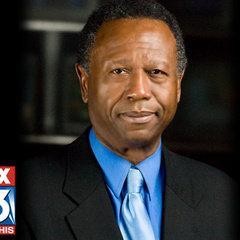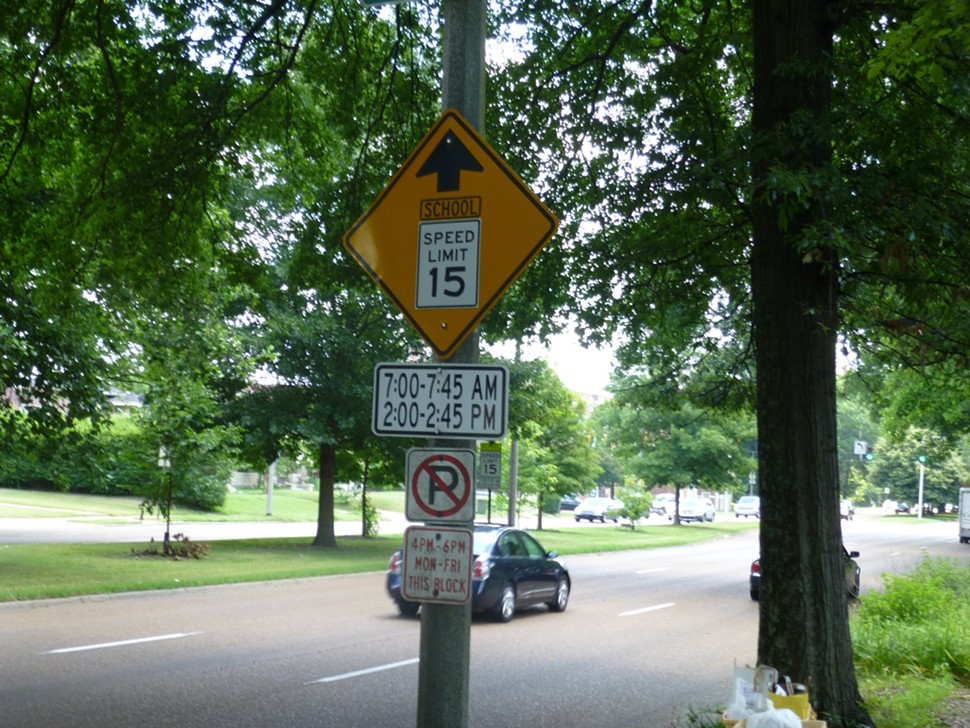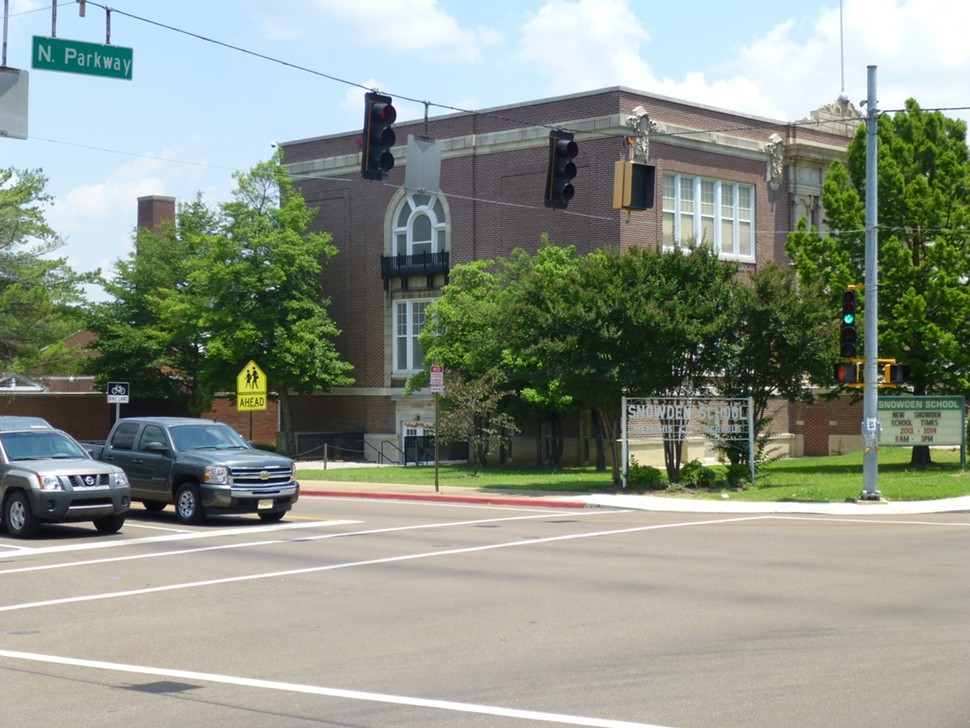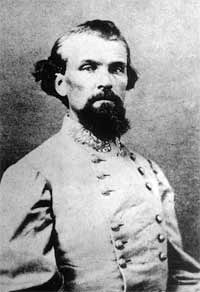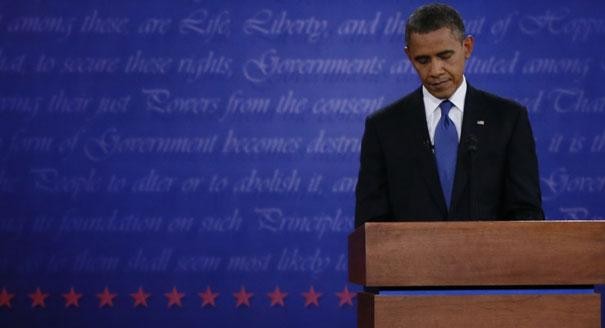Regardless of how some current situations come out — Mayor A C Wharton‘s public endorsement of higher salaries for city employees or his “settlement” of the city’s debt to Shelby County Schools (SCS) or, for that matter, his early-bird announcement of IKEA’s coming to Memphis — Wharton’s credibility and his standing with his city council are at serious risk.
Beyond that, while all of the foregoing matters may have constituted an immediate political plus for the mayor as the 2015 city election season gets under way, his political situation could be gravely threatened if any or all of them go south.
The IKEA outcome, for better or for worse, would be shared with other public officials and with the city/county Economic Development Growth Engine (EDGE) board. And the chief impediments to what would appear to be a done deal are the valid questions of whether a) EDGE decides to engage in its first-ever payment-in-lieu-of-taxes (PILOT) arrangement with a purely retail enterprise; and b) whether state guidelines permit as much. The odds are that “yes” is the answer to both questions.
Score one for the mayor, especially if the whole IKEA/H&M/Trader Joe’s new-business package pans out.
The other two circumstances are different: While there is at least a theoretical prospect of concurrence on the pay-raise matter by some council members, the majority are surely inclined to say no, especially in light of the well-known budget dilemma that caused such agonizing cuts in employee benefits in recent months. Not only does the mayor’s suggestion, made during his remarks at Councilman Myron Lowery‘s New Year’s Day prayer breakfast, not bear logical muster, it also seems to put the council, already bruised and tattered, on the spot one more time.
So, for that matter, has Wharton’s announcement last month of an agreement with SCS Superintendent Dorsey Hopson (and an eagerly compliant SCS board) of a $43 million payout in settlement of the city’s court-ordered liability of $57 million in maintenance-of-effort funding, owed from 2008. But sentiment is building on the council that Wharton did indeed undermine ongoing mediation efforts with SCS, as charged by Councilman Shea Flinn, who was involved in the mediation process.
Flinn and others promptly complained that Wharton’s arbitrary effort sacrificed what many on the council believe is a substantial financial counter-claim. And they pointedly reminded the mayor that, while he had authority over lawsuits involving the city, he would have to come to the council for approval of the financial package.
Even as this state of affairs was settling into focus, an unexpected disruption further jostled the equilibrium of the mayoral race. This one, like the mayor’s pay-raise suggestion, took place at Lowery’s New Year’s Day event at the Airport Hotel.
This was the 24th and latest version of the annual New Year’s Prayer Breakfasts, which Lowery began on January 1, 1992 (coincident with the inauguration of former Mayor Willie Herenton as the first elected black chief executive in Memphis history).
As is his annual wont, Lowery, this year’s council chairman-designate, was closing out the breakfast with some parting words, in the wake of speeches by other political figures — Shelby County Mayor Mark Luttrell and Wharton, and 9th District Congressman Steve Cohen — interspersed with songs, sermonettes, and prayers by various lay and clerical folks.
Lowery’s prayer breakfasts have often been occasions for collectively thinking out loud and taking stock regarding political directions, and even for the launching of useful initiatives by one or more of those taking part. The breakfasts are, in that sense, traditional events for the larger community, though let us be clear: They are fund-raising events, and there is definitely a self-serving side to them.
Lowery told his council colleague and chairmanship predecessor Jim Strickland, who was getting ready to take his leave well before the end of the breakfast, not to go, that if he did he would miss some “nice things” Lowery had to say about him.
When the time came for Lowery to conclude the event, he did indeed have some compliments for Strickland, who had dutifully stayed around. In fact, Lowery made a point of asking his colleague, a persistent critic of Wharton whose hopes of running for the city’s premier office himself have been well known (and well underway) for years, to stand.
“He’s done a great job as chairman during a very difficult year,” said Lowery, amid other words of praise. “I like him. He’s got the potential to be a future mayor of Memphis.” Hmmm, the crowd had to be wondering, what was coming? An endorsement? Even Strickland, who was reasonably sure that Lowery, himself a 2009 loser to Wharton, was committed to supporting the mayor’s reelection, found himself wondering.
After all: He’s got the potential to be a future mayor of Memphis. “But not just yet,” Lowery said, suddenly undercutting the premise he himself had raised. There is no way to describe what came next as anything other than setting his council colleague up for a fall. The mortified Strickland, still standing and the focus of everyone’s gaze, would surely see it that way.
“I have to be honest,” Lowery was saying. “I’m with the mayor. … He’s controversial. He may not do everything right all the time. But his heart’s in the right place, and he’s done a good job.”
Lowery then began, with Strickland still standing there, a full-fledged endorsement of Wharton: “I know a lot of people,” Lowery kept saying, and what else was this meant to be but the boast of a kingmaker?
Strickland, meanwhile, had had enough. Lowery was still going strong when his understandably offended colleague pointedly began to walk. Intercepted midway by a reporter on his passage out, Strickland shook his head and said, in amazement as much as in anger, “He asked me to stick around to hear that!”
Lowery now has an ambivalent status with his fellow council members. A highly chameleon-like figure, emotionally and issue-wise, he is politically ambidextrous enough to have positioned himself on the council as a conciliatory figure, a maker of compromises between factions and, for that matter, across the occasional racial divide. For that, and for his experience, gained from nearly six full council terms, he has been able to maintain a fair degree of confidence from his peers — enough to have earned repeated elections as council chair, most recently for the year to come.
But there is such a thing as, metaphorically, throwing your weight around, and Lowery’s New Year’s Day gaffe seemed to numerous colleagues and other onlookers to be just that. That was especially so at a time when Lowery has made known his hopes of promoting his son, Mickell Lowery, to succeed him on the council, perhaps as early as this year. For the record, the younger Lowery, a management consultant, shared moderating duties with his father at this year’s prayer breakfast and was arguably the abler and certainly the more discreet of the two.
That Lowery, at a time when at least two of his council colleagues, Strickland and Harold Collins, have openly nursed serious ambitions for mayor, publicly proclaimed his endorsement of Wharton’s reelection — at a putatively neutral “prayer breakfast” — was bizarre enough. That he did so while having contender Strickland stand at full attention was widely regarded as outrageous — no matter the praise he had heaped on his colleague (which seemed patronizing in the after-taste) and no matter the sorry-if-I-offended-you non-apology apology he reportedly made to Strickland later.
Though no one on the council has said much publicly, there is definite sentiment among Lowery’s colleagues to call him to account on his fidelity to a mayor who is increasingly in disfavor with the council (and whom, ironically, Lowery himself, then serving as interim mayor, opposed in the 2009 special election that followed Mayor Herenton’s retirement). There has even been an exploratory balloon or two regarding the prospect of reconsidering the chairmanship.
And, whatever his intent, the one definite result of Lowery’s New Year’s Day gaffe has been to make the prospects for contesting Wharton’s reelection more likely.

